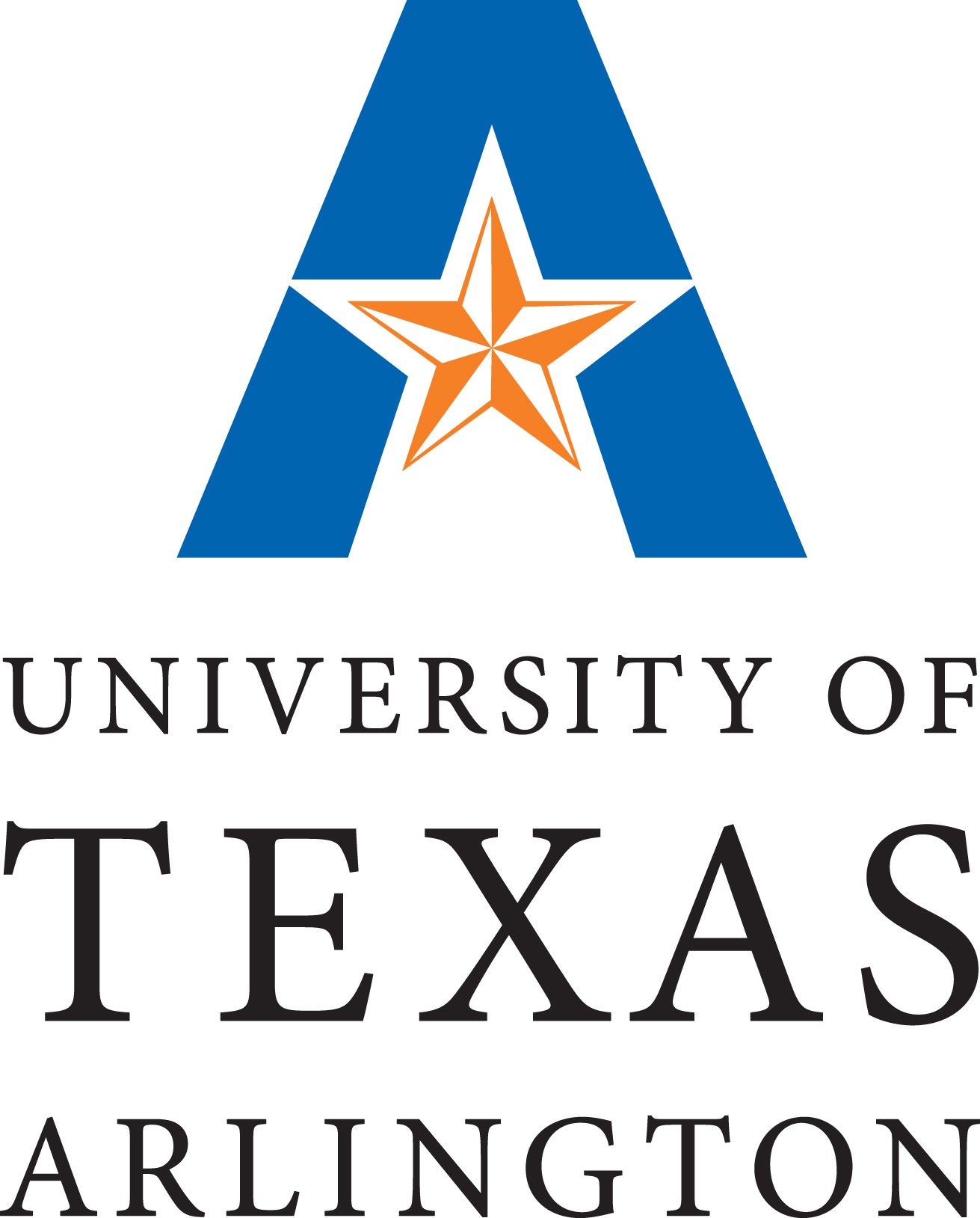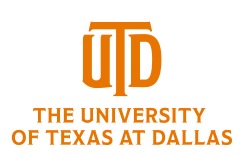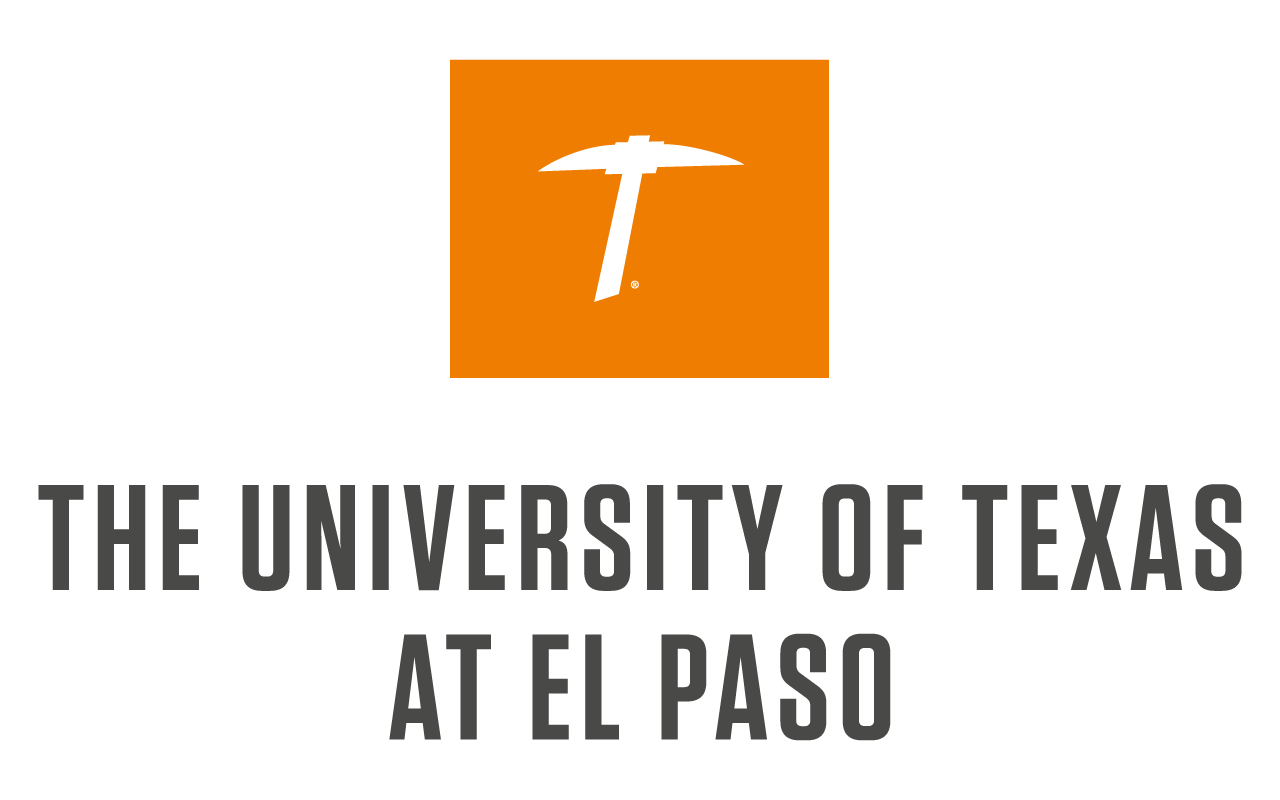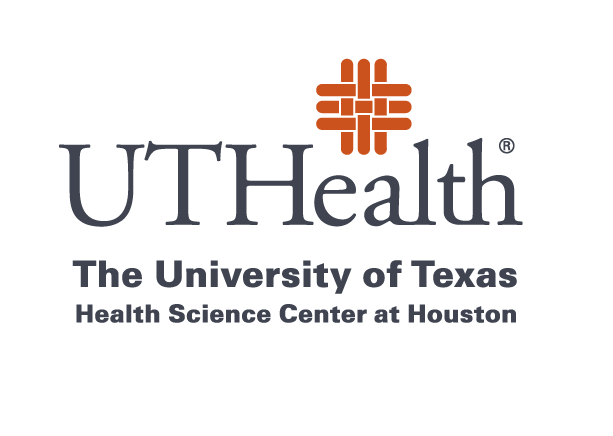



James Bynum, PhD
University of Texas Health Science Center
at San Antonio
Executive Director, TRC4
Professor and Vice Chair of Research
Department of Surgery

Christina Spencer, BS, MOL
Director, Research Operations, TRC4
Phone: 210-567-5701
Email: spencerc3@uthscsa.edu


Ronald (Ronny) Stewart, MD, FACS
University of Texas Health Science Center
at San Antonio
Chair – Voting
Chair, Department of Surgery

Chris Rathbone, Ph.D.
University of Texas at San Antonio
Member – Voting
Associate Professor, Department of
Engineering and Chemical Engineering

Alan Cook, MD, MS, FACS
University of Texas at Tyler
Member – Voting
Medical Director, Center for Clinical Research

Emre Umucu, Ph.D.
University of Texas at El Paso
Member – Voting
Associate Dean, Research,
College of Health Science

Charles S. Cox, MD, FACS
University of Texas Health Science Center
at Houston
Member – Voting
Chair, Neurosciences & Chair, Pediatric Surgery

Steven Wolf, MD
University of Texas Medical Branch
at Galveston
Member – Voting
Professor and Division Chief of Burn,
Trauma and Acute Care Surgery

Joseph DuBose, MD, FACS
University of Texas at Austin
Member – Voting
Professor, Department of Surgery
and Perioperative Care

Jingsong Zhou, Ph.D.
University of Texas at Arlington
Member – Voting
Professor of Kinesiology and Associate
Director for Bone-Muscle Research Center

David Lakey, MD
University of Texas System
Member – Voting
Vice Chancellor for Health Affairs,
Chief Medical Officer

Lucia Nguyen, MD
University of Texas Rio Grande Valley
Member – Voting
Assistant Professor

Benjamin Levi, MD
University of Texas Southwestern
Medical Center
Member – Voting
Chair, Surgery and Plastic and
Reconstructive Surgery

Xuemin Xu, Ph.D.
University of Texas Permian Basin
Member – Voting
Professor, Director of Biomedical Research Center

Robert Rennaker, Ph.D.
University of Texas at Dallas
Member – Voting
Texas Instruments Distinguished Chair in Bioengineering
Professor Neuroscience

Robert I. Miller, MD, MBA, FAAP, FACHE
(Lt Gen, USAF, Ret.)
University of Texas Health Science Center
at San Antonio
Ex Officio – Non-Voting
Executive Director, Military Health Institute

Jennifer Gurney, MD, FACS (COL, MC, USA)
Joint Trauma System, Defense Health Agency
Ex Officio – Non-Voting
Chief, Joint Trauma System

Ronald (Ronny) Stewart, MD, FACS
University of Texas Health Science Center
at San Antonio
Chair – Voting
Chair, Department of Surgery

University of Texas at Tyler
Member – Voting
Medical Director, Center for Clinical Research

Charles S. Cox, MD, FACS
University of Texas Health Science Center
at Houston
Member – Voting
Chair, Neurosciences & Chair, Pediatric Surgery

Joseph DuBose, MD, FACS
University of Texas at Austin
Member – Voting
Professor, Department of Surgery
and Perioperative Care

David Lakey, MD
University of Texas System
Member – Voting
Vice Chancellor for Health Affairs,
Chief Medical Officer

Benjamin Levi, MD
University of Texas Southwestern
Medical Center
Member – Voting
Chair, Surgery and Plastic and
Reconstructive Surgery

Robert Rennaker, Ph.D.
University of Texas at Dallas
Member – Voting
Texas Instruments Distinguished Chair in Bioengineering
Professor Neuroscience

Chris Rathbone, Ph.D.
University of Texas at San Antonio
Member – Voting
Associate Professor, Department of
Engineering and Chemical Engineering

Emre Umucu, Ph.D.
University of Texas at El Paso
Member – Voting
Associate Dean, Research,
College of Health Science

Steven Wolf, MD
University of Texas Medical Branch
at Galveston
Member – Voting
Professor and Division Chief of Burn,
Trauma and Acute Care Surgery

Jingsong Zhou, Ph.D.
University of Texas at Arlington
Member – Voting
Professor of Kinesiology and Associate
Director for Bone-Muscle Research Center

Lucia Nguyen, MD
University of Texas Rio Grande Valley
Member – Voting
Assistant Professor

Xuemin Xu, Ph.D.
University of Texas Permian Basin
Member – Voting
Professor, Director of Biomedical Research Center

Robert I. Miller, MD, MBA, FAAP, FACHE
(Lt Gen, USAF, Ret.)
University of Texas Health Science Center
at San Antonio
Ex Officio – Non-Voting
Executive Director, Military Health Institute

Jennifer Gurney, MD, FACS (COL, MC, USA)
Joint Trauma System, Defense Health Agency
Ex Officio – Non-Voting
Chief, Joint Trauma System
The following is additional information that OSP provided internally via our listserv, clarifying all points on how to complete an application for collaboration and funding to 2 or more UT institutions:
The TRC4 program has received many requests for clarification regarding subawards and collaborations between UT System institutions, and would like to offer the following clarification:
All funding under the TRC4 program must be utilized by UT System institutions and subawards are not allowed. Collaborations between UT System institutions are highly encouraged and collaborating institutions may share the available funding, but this will not be handled as a traditional subaward arrangement. Rather, each UT System institution participating in the collaboration will receive its own award for its portion of the funding, with these separate awards being administratively linked by the technical aspects of the project. When preparing an application for a collaborative project involving two or more UT System institutions:














